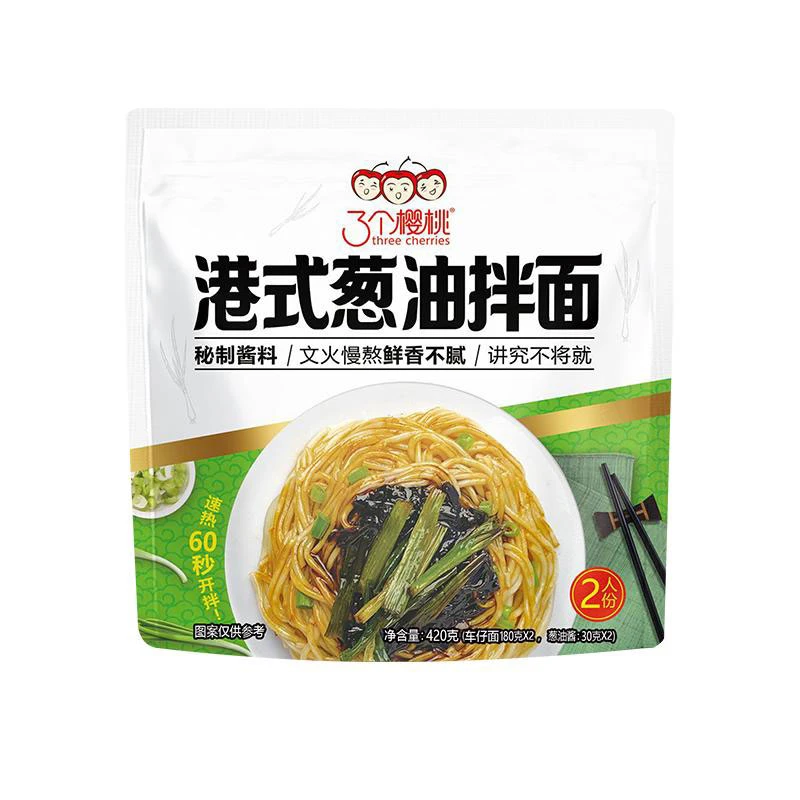Are Instant Ramen Noodles Unhealthy and What Are Their Effects on Your Body?
Are Ramen Noodles Bad for Your Health?
Ramen noodles, a staple in many households around the world, are often viewed as a quick, cost-effective meal option. However, their nutritional profile has sparked debate about their health implications. In this article, we’ll explore the potential health risks associated with consuming ramen noodles and provide insights into how to enjoy them more healthily.
Nutritional Overview
A typical serving of instant ramen noodles contains refined carbohydrates, high levels of sodium, and a lack of essential nutrients. While they are convenient and inexpensive, the nutritional deficiencies in ramen can lead to various health issues if consumed frequently or in large quantities. A standard pack of instant ramen contains around 400-500 calories but offers little in terms of vitamins, minerals, or fiber.
High Sodium Content
One of the primary concerns about ramen noodles is their sodium content. A single serving can contain upwards of 1,500 mg of sodium, which exceeds the recommended daily intake. Excessive sodium consumption is linked to high blood pressure, heart disease, and stroke. For individuals with pre-existing health conditions or those who are salt-sensitive, frequent consumption of ramen noodles could pose significant health risks.
Lack of Nutrients
Instant ramen noodles are primarily made from refined wheat flour, which means they lack fiber and other fundamental nutrients. A diet lacking in fiber can lead to digestive issues such as constipation and an unhealthy gut microbiome. Additionally, the absence of vitamins and minerals in ramen can lead to deficiencies that may affect overall health and well-being. Essential nutrients like protein, vitamins A, C, and E, and various B vitamins are often lacking, leading to a reliance on unhealthy eating habits.
Highly Processed Ingredients
Many brands of ramen noodles contain preservatives, artificial flavorings, and unhealthy fats, which raise further health concerns. For instance, some ramen packets utilize tertiary butylhydroquinone (TBHQ), a chemical preservative that has been linked to negative health effects when consumed in high amounts. Furthermore, the unhealthy fats used in the frying process of instant noodles can contribute to an increase in bad cholesterol levels, raising the risk of heart disease.
Additives and Flavoring Packets
are ramen noodles bad for your health

The flavor packets included with instant ramen often contain monosodium glutamate (MSG) and other artificial flavor enhancers that some individuals may prefer to avoid. While research on MSG is inconclusive, some people report adverse reactions to it, such as headaches and nausea. Additionally, many flavor packets contribute significantly to the overall sodium content of the meal, further amplifying the health risks.
Healthier Alternatives and Modifications
While ramen noodles present several health challenges, they can still be enjoyed in moderation with some healthier modifications. Here are a few tips to make your ramen meal more nutritious
1. Add Vegetables Toss in fresh or frozen vegetables such as spinach, carrots, or bell peppers to increase fiber, vitamins, and minerals.
2. Include Protein Enhance nutritional value by adding proteins like eggs, tofu, or lean meats. These additions can help create a more balanced meal.
3. Limit the Flavor Packet Use half or skip the seasoning packet altogether, as this is where most of the sodium and additives reside.
4. Choose Whole Grain Options If available, opt for whole grain ramen or healthier noodle varieties that contain more fiber and nutrients.
5. Hydrate Drink plenty of water throughout the day, especially if consuming high-sodium meals, to help manage sodium levels in the body.
Conclusion
In conclusion, while ramen noodles offer convenience and affordability, they also come with various health concerns, primarily due to high sodium content, lack of nutrients, and processed ingredients. Moderation and thoughtful modifications can help mitigate some of these risks, allowing noodle enthusiasts to enjoy their favorite meal more healthily. As with any food, balance and nutritional awareness are key to maintaining overall health.
-
Unleash Your Inner Chef with Delectable Italian Pasta CreationsNewsAug.01,2025
-
Savor Health and Flavor: Irresistible Soba Noodles for Sale Await!NewsAug.01,2025
-
Nourish Your Body with Premium Organic Ramen - A Culinary Delight AwaitsNewsAug.01,2025
-
Elevate Your Dishes with Our Exquisite Kinds of Egg NoodlesNewsAug.01,2025
-
Dive into Flavorful Convenience with Our Ramen OfferingsNewsAug.01,2025
-
Discover Exquisite Types of Naengmyeon and Chilled Soba NoodlesNewsAug.01,2025
-
Is Whole Wheat Pasta Healthy?NewsMay.30,2025
Browse qua the following product new the we

















































































































